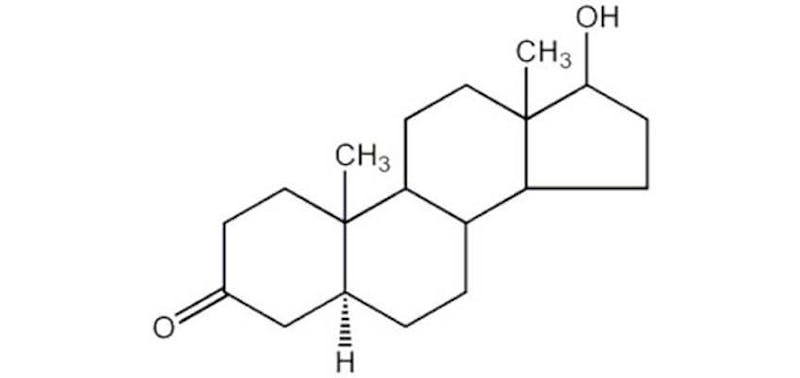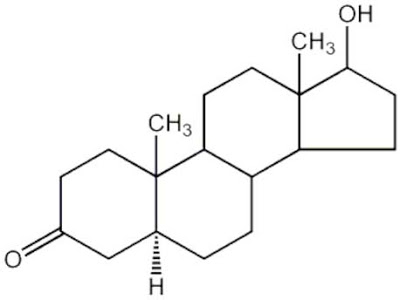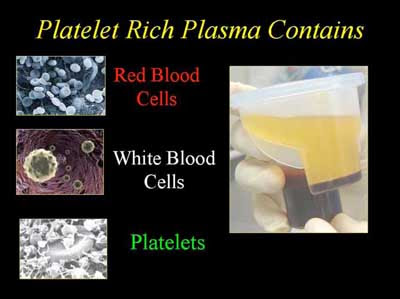
Does PRP increase levels of DHT that will cause hair loss? NO
 It has been theorized by some individuals on the internet (though not in scientific studies) that if small concentrated amounts of a patient’s blood are injected into the scalp this will lead to hair loss do to increased levels of DTH. In our experience the past four years utilizing PRP in hair restoration surgery, this has not occurred. If that were the case, it would have been reported by now because PRP is used by many clinicians throughout the world. To put things in perspective. The body has approximately 5,000 ml’s of blood and in PRP preparation about 60 ml’s are drawn and platelets are increased. The other blood cells (RBC’s, WBC’s and plasma) are decreased from 60ml’s of blood to about 8 ml’s of PRP. Since there are many ways to process PRP it is possible to remove some or most of the cellular components leaving just pure growth factors in a small quantity of plasma (which is 90% water). While less than 10% of testosterone in converted into DHT, “how much DHT can be contained in 8 ml’s of plasma containing 90% water”? Also, how long does it take the body to metabolize it own cellular material? Generally days to weeks certainly not years. Additionally, if increased amounts of DHT causes baldness, then why are men with low testosterone levels bald?
It has been theorized by some individuals on the internet (though not in scientific studies) that if small concentrated amounts of a patient’s blood are injected into the scalp this will lead to hair loss do to increased levels of DTH. In our experience the past four years utilizing PRP in hair restoration surgery, this has not occurred. If that were the case, it would have been reported by now because PRP is used by many clinicians throughout the world. To put things in perspective. The body has approximately 5,000 ml’s of blood and in PRP preparation about 60 ml’s are drawn and platelets are increased. The other blood cells (RBC’s, WBC’s and plasma) are decreased from 60ml’s of blood to about 8 ml’s of PRP. Since there are many ways to process PRP it is possible to remove some or most of the cellular components leaving just pure growth factors in a small quantity of plasma (which is 90% water). While less than 10% of testosterone in converted into DHT, “how much DHT can be contained in 8 ml’s of plasma containing 90% water”? Also, how long does it take the body to metabolize it own cellular material? Generally days to weeks certainly not years. Additionally, if increased amounts of DHT causes baldness, then why are men with low testosterone levels bald?

Hair loss (related to DHT) is directly determined by how sensitive you are to androgens. Your sensitivity is determined by triplet repeat mutations in the androgen receptor gene on the x chromosome. It’s the downstream effects caused by DHT binding to the androgen receptor that causes hair loss so a mutation that causes a defective androgen receptor gene is cumulative throughout the generations and each following generation will potentially have MPB that is worse than the previous generation.
Hair loss is multi factorial and stem cells play a much more important roll in AGA (male pattern) than previously thought, especially since the findings of Garza et al, 2011. This study essentially demonstrated faulty scalp stem cells result in insufficient quantities of progenitor cells that then allow the 5DHT to begin the miniaturizing of hairs genetically sensitive to 5DHT.
Our experience with cellular therapy has demonstrated: (1) the signaling of follicular stem cells with growth factors and follicular revascularization to promote reversing miniaturization in AGA, as well as, (2) reducing inflammation and turning on dormant stem cells in inflammatory hair diseases such as in Alopecia Areata and Dicsoid Lupus. Cellular therapy is as an adjunctive treatment used with FDA approved medicines like DHT blockers or Rogaine. It can be used in patients who have failed traditional therapy, used in patients who do not want to take medicines or for those who have encountered side effects to traditional medicines.
In summary, our experience utilizing autologous regenerative therapy the past four years has proven to be safe. We have not experienced any clinical negative side effects, short term or long term, in our patients nor has anyone reported side effects in their patients using cellular therapy. Utilizing your own cells to regenerate damaged cells is the future of Medicine.
The best way to evaluate a patient is to arrange a personal, in-depth consultation. However, this is impossible for many patients who fly in from other parts of the country or world. For this reason we have developed the remote consultation package, which is an acceptable alternative to the in-person personal consult.
Once your photos and questionnaire are reviewed, we will telephone you to discuss your questions or concerns regarding the procedure. You will also be given a suggested treatment plan and the costs involved. Click here for more complete information on our free on-line hair restoration consultation process.
